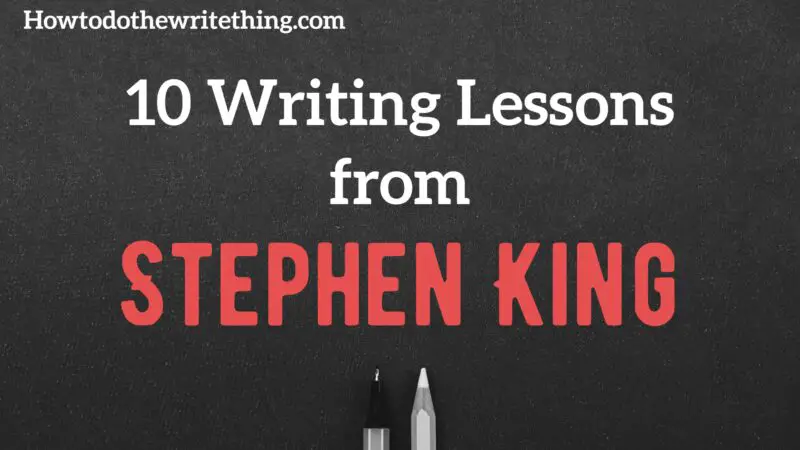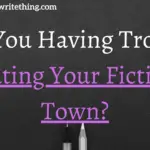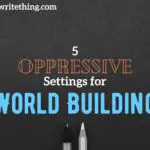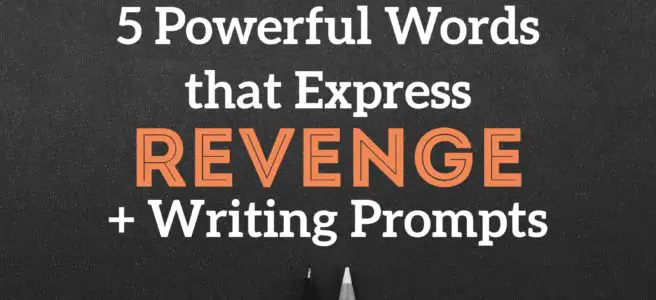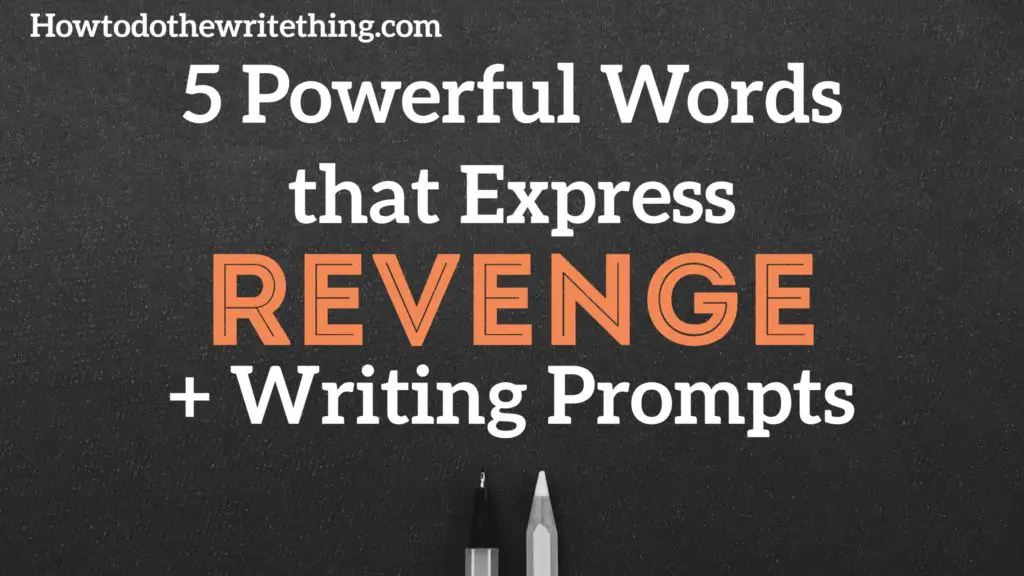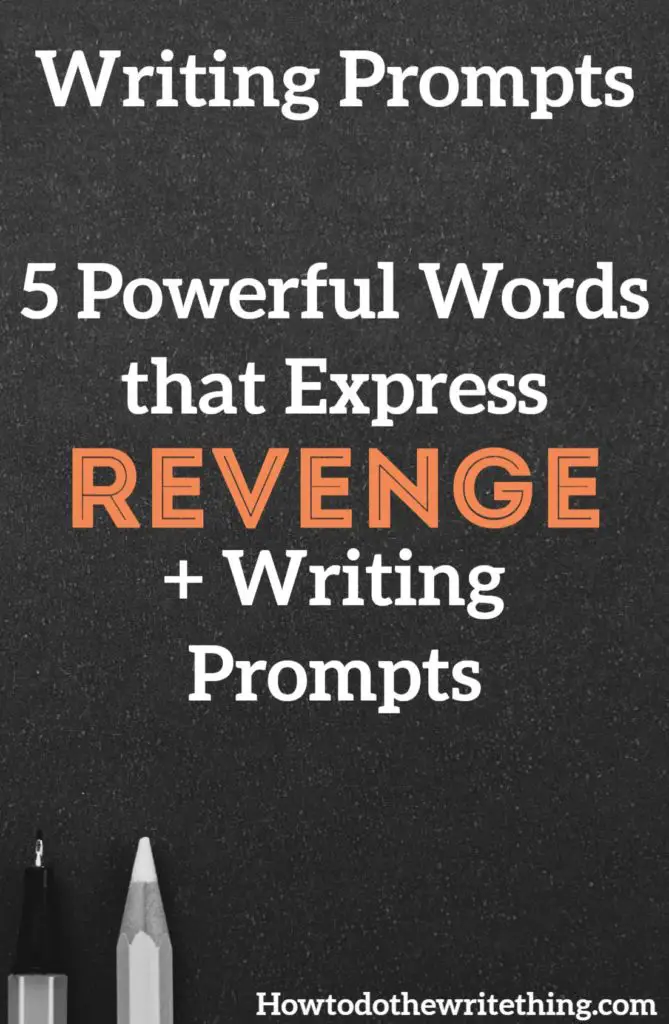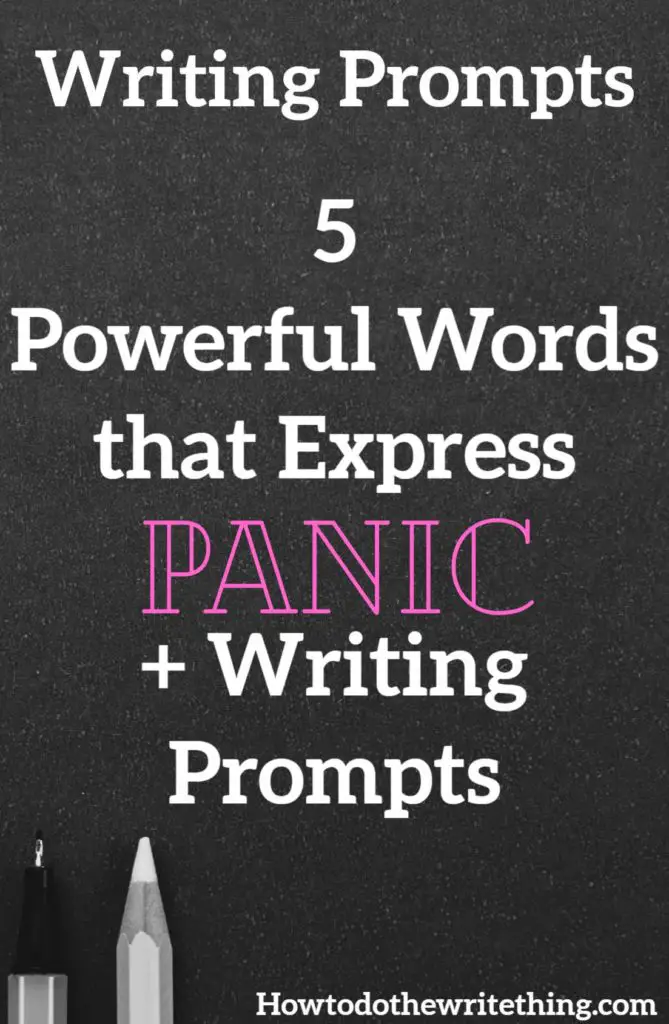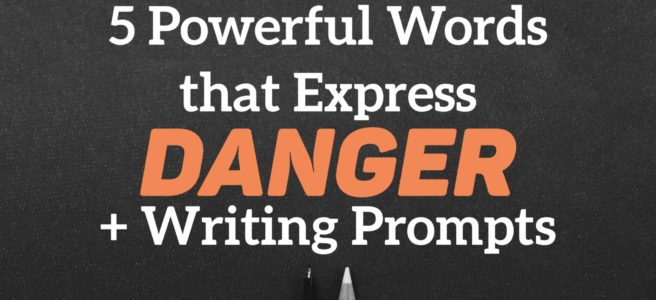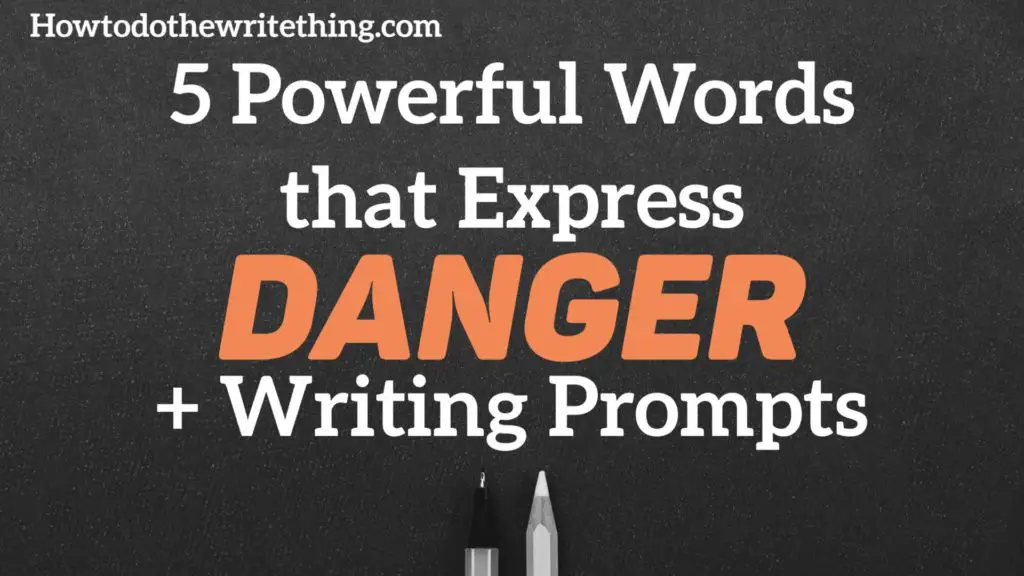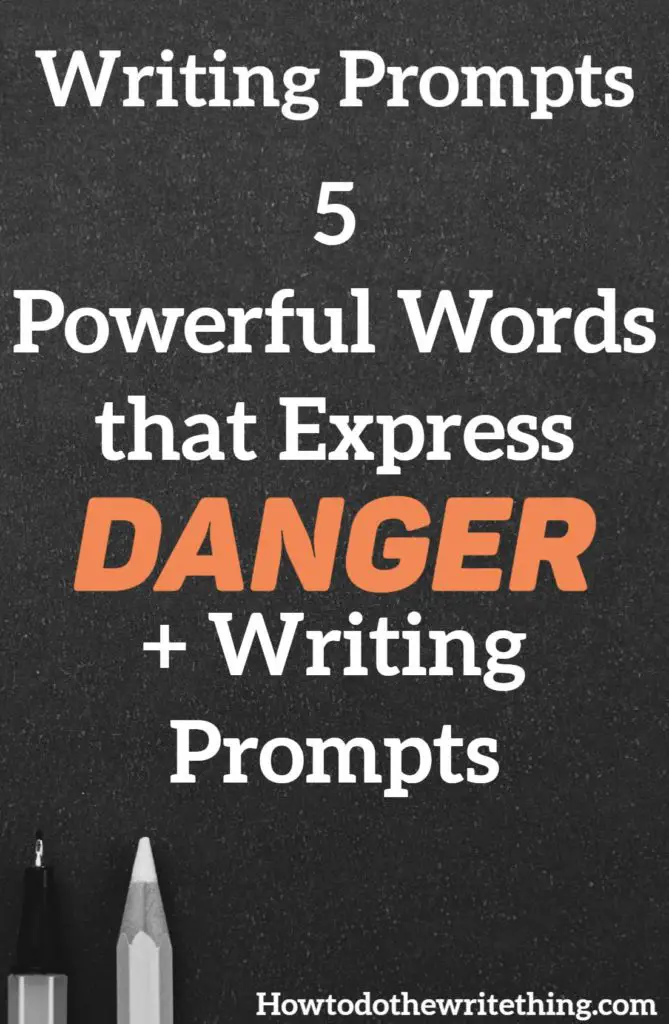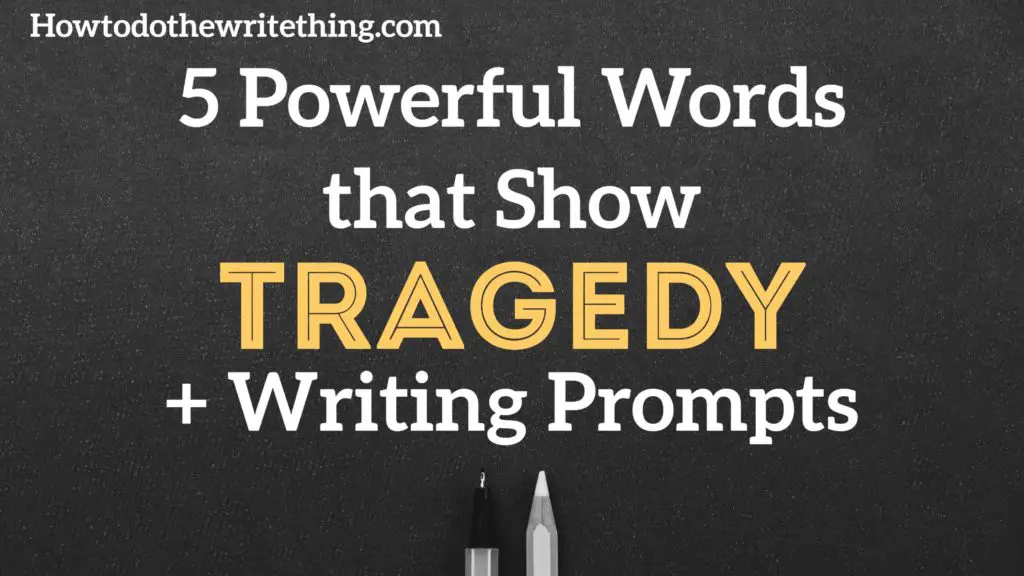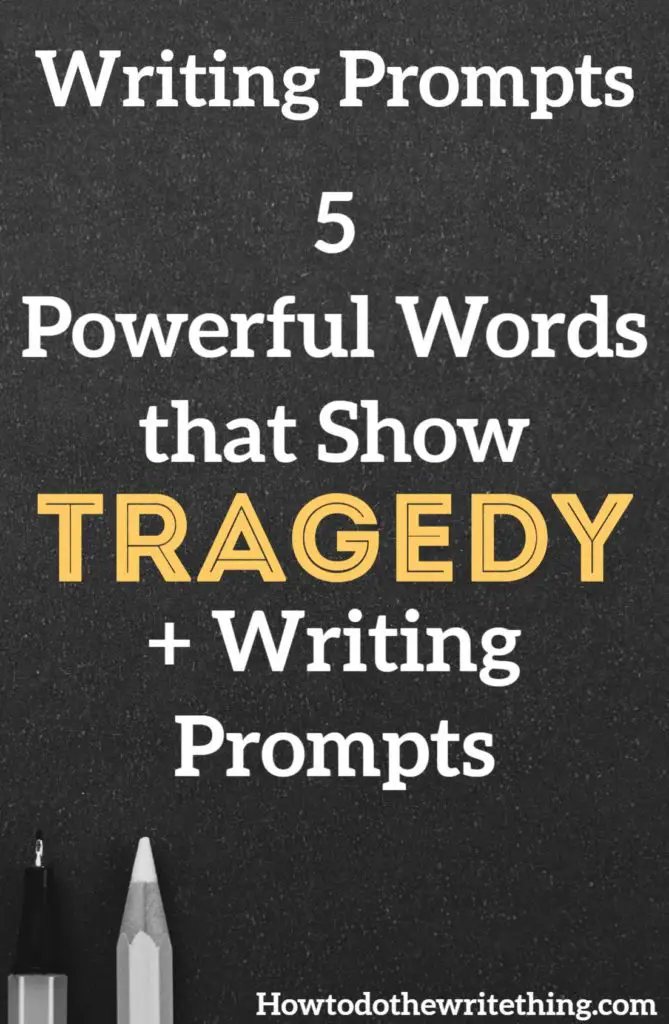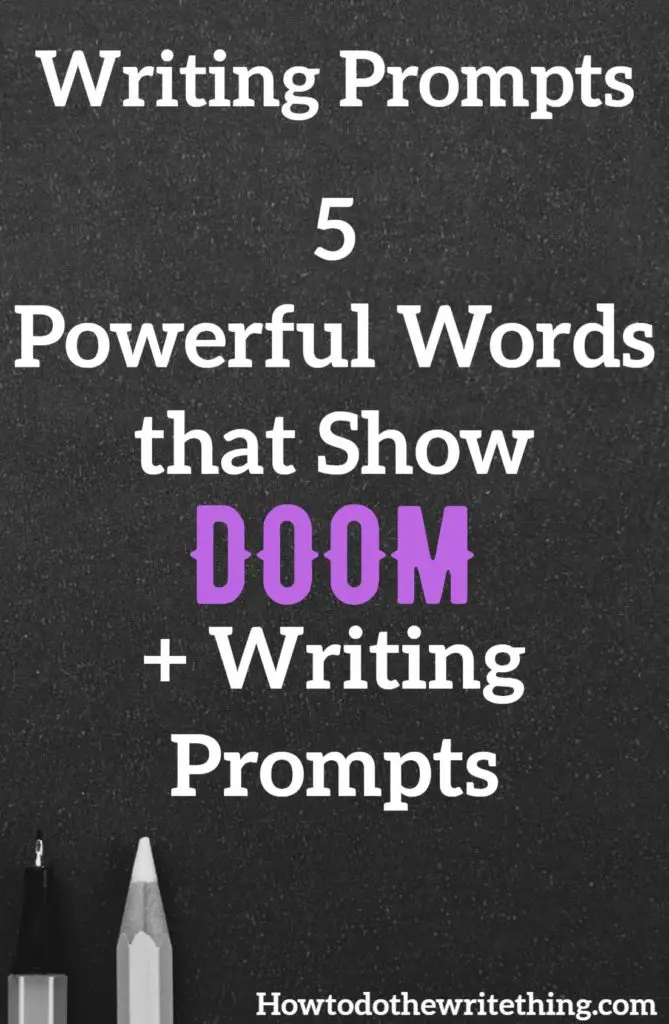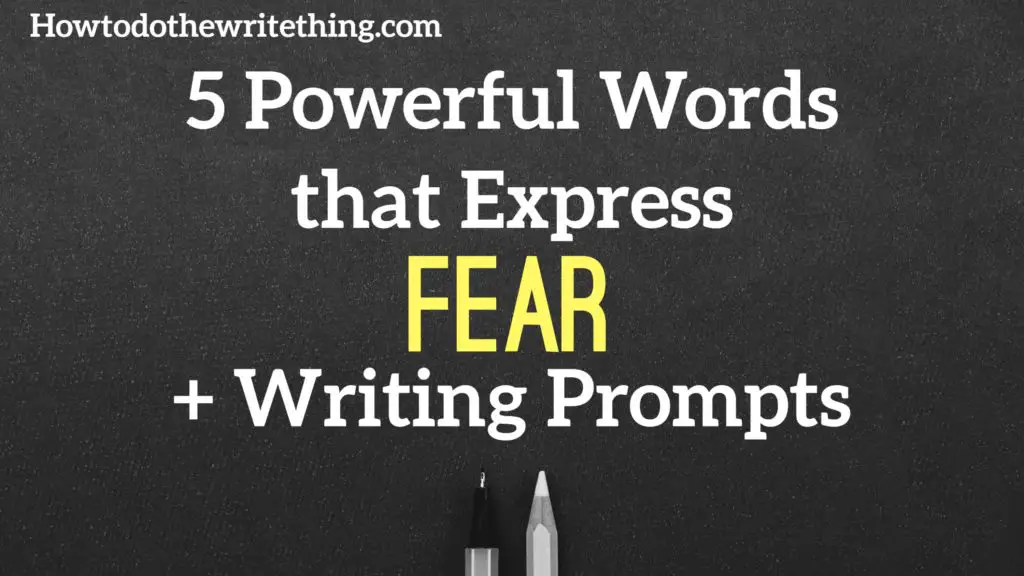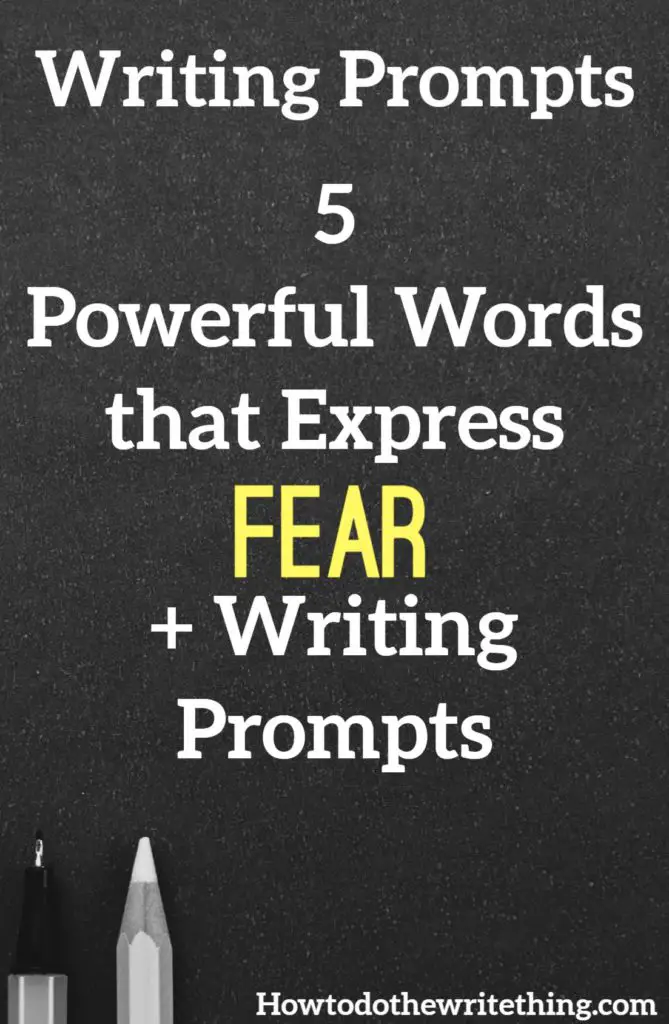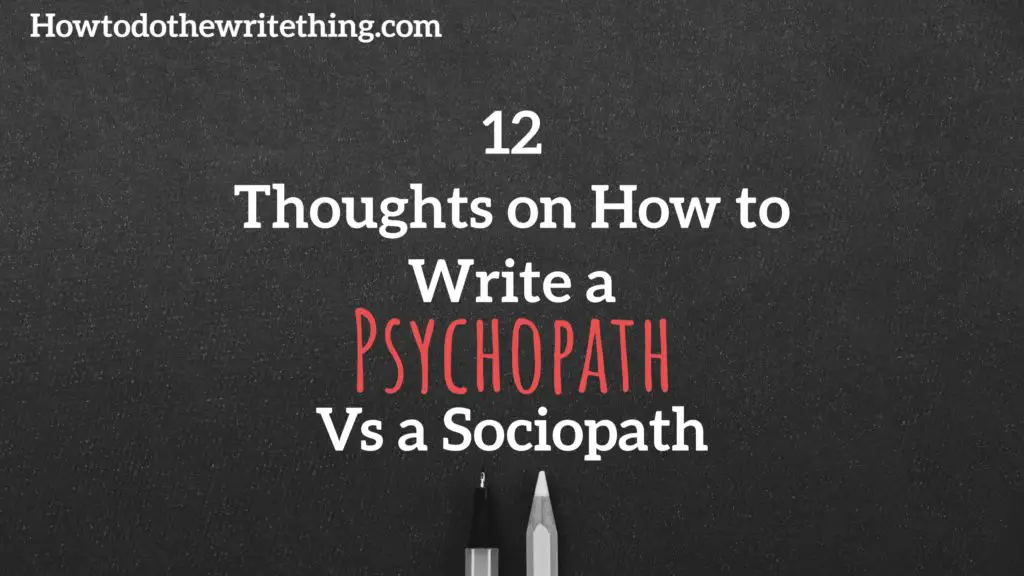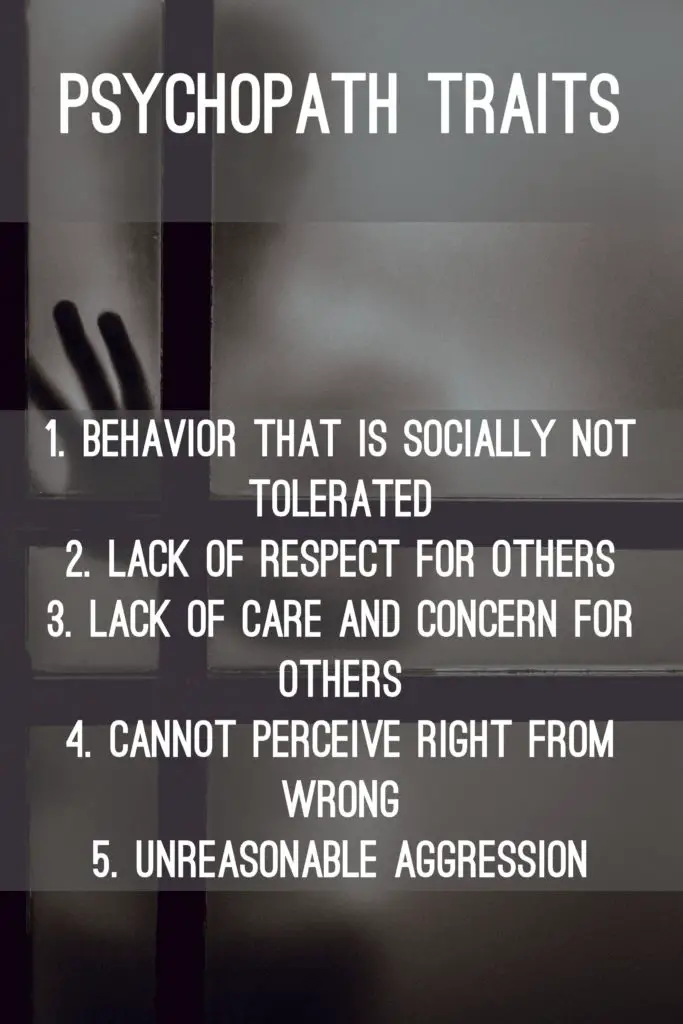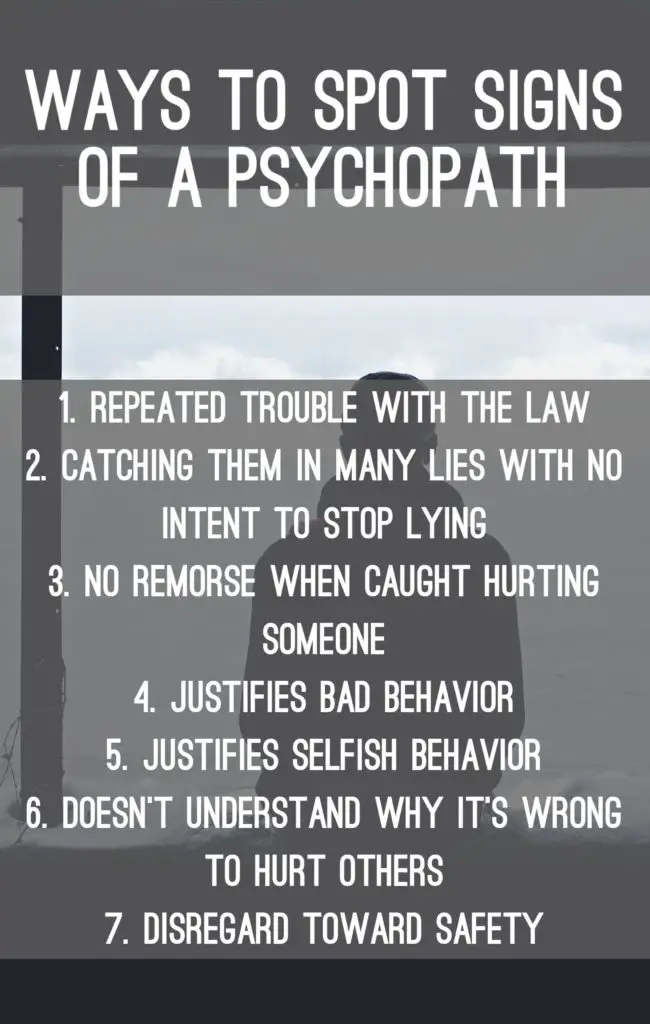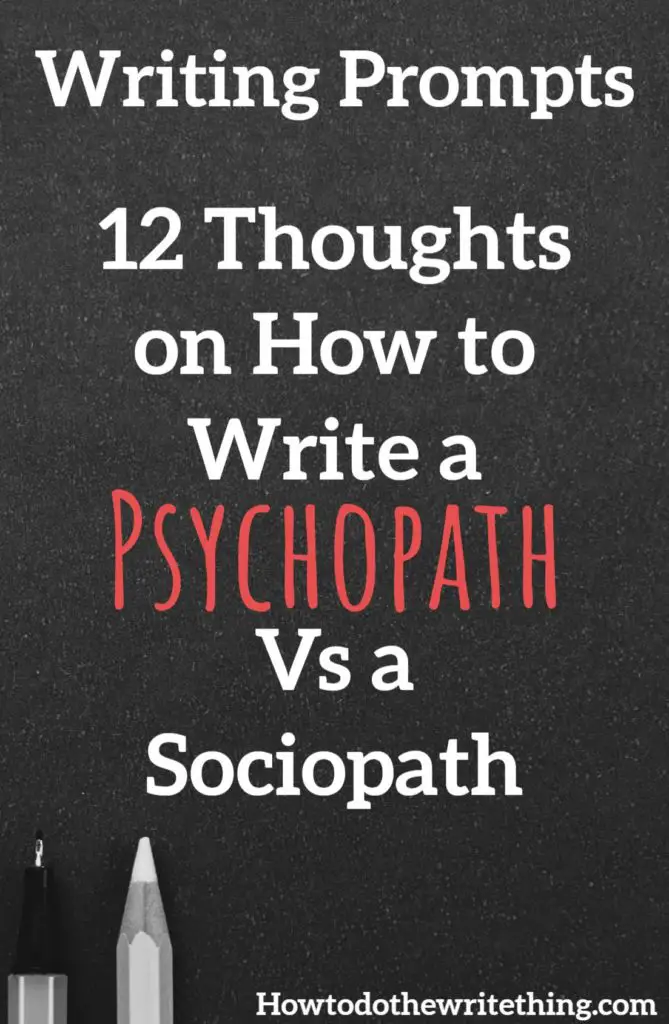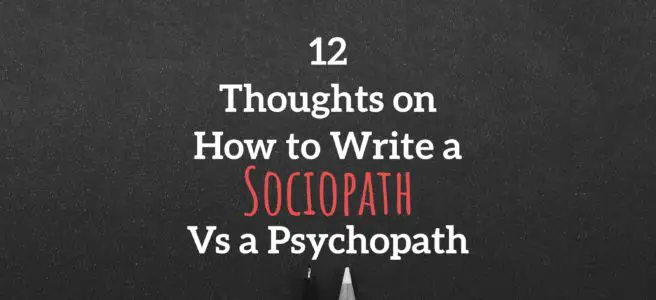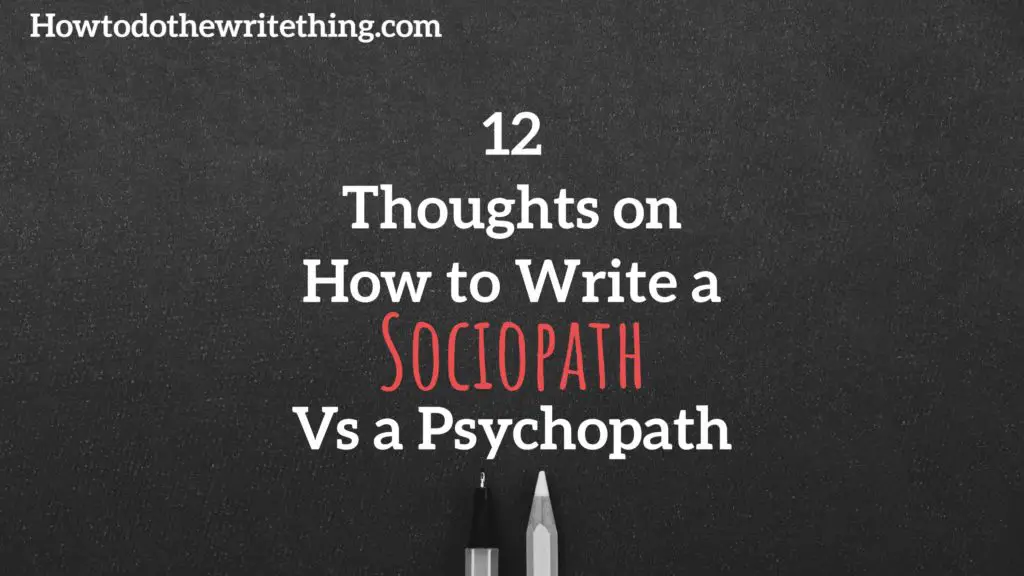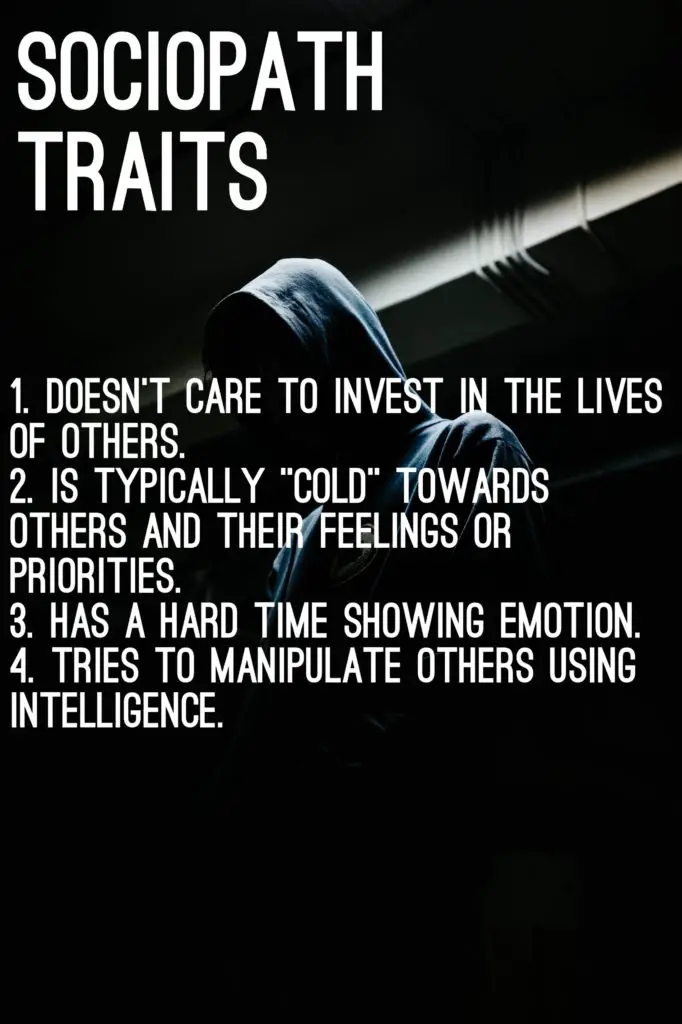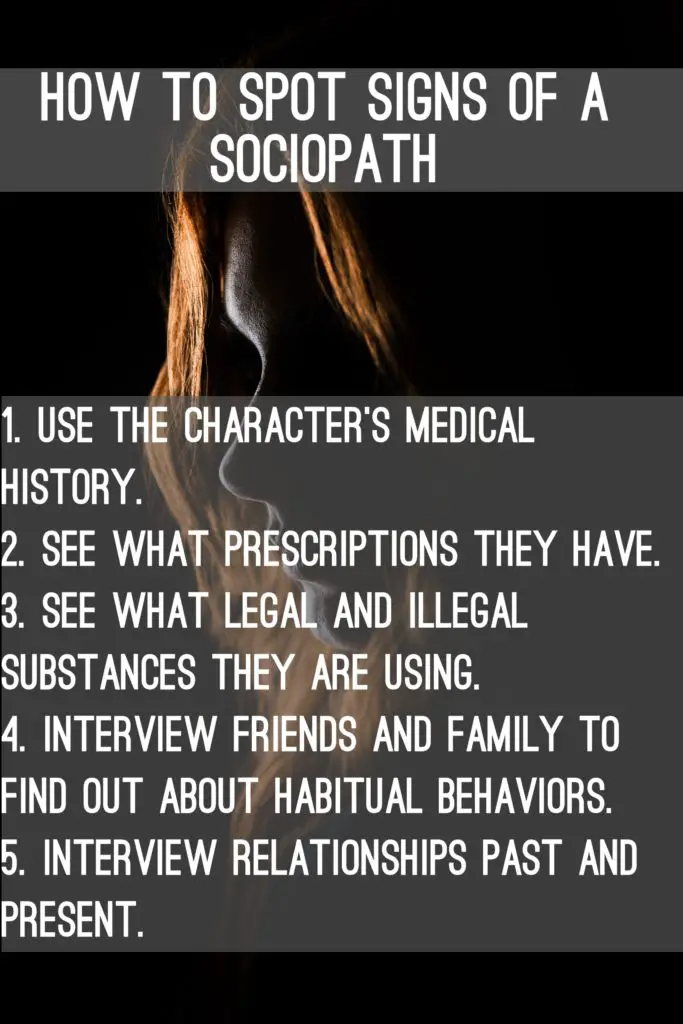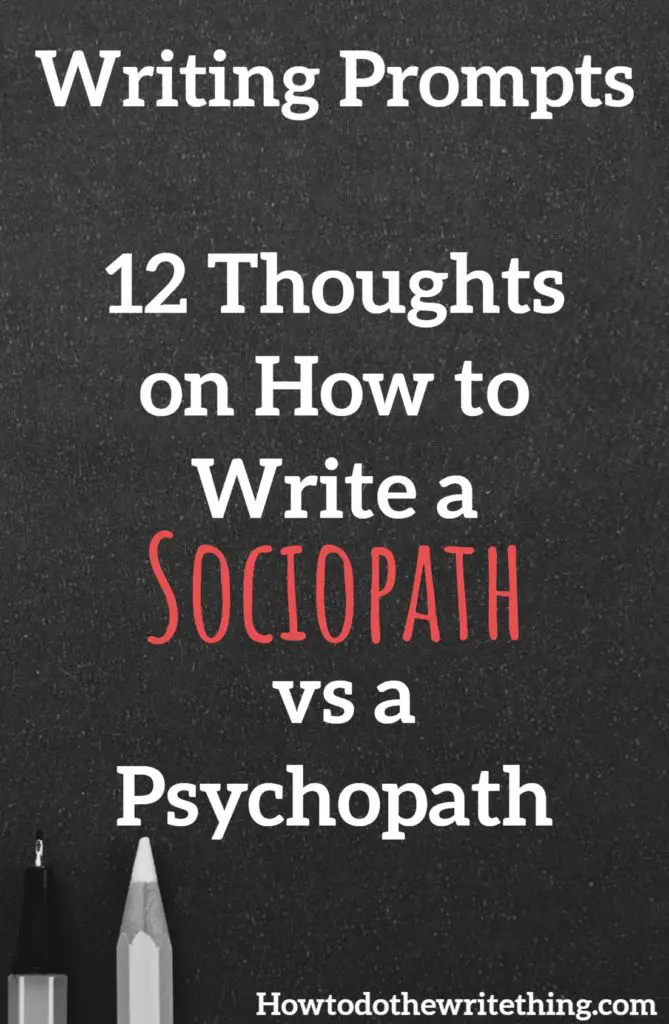
10 Writing Lessons from Stephen King
Stephen King is known for his horror writing, but if you’ve seen anything of his quotes or read his thoughts on writing.
You’ll see right away that he is blunt, straight to the point, and not afraid to say what he’s thinking.
That’s a big part of what makes his writing tips enjoyable and refreshing. He’s not political and he’s been in the business long enough to know that you just can’t please everyone.
So don’t worry about pleasing everyone.
No matter what you write, if you write, someone or some group will find you and try to discourage you.
For instance, full disclosure:
Just recently a member of a group on Facebook found our site and trolled How to do the write thing.
Something we said in one of our villains posts offended he or she who shall not be named and they went and reported it to the entire Facebook group.
The entire group nasty things about us and some of them commented on our site yelling at us and telling us how horrible we were.
To be honest at first I was worried and shocked, but I got some great advice from a blogger that I found while Googleing looking for advice.
They reminded me that even if you try your hardest to be kind, polite, and helpful no matter what, if you put yourself out there someone will find you and try to discourage you or take you down.
The best way to deal with it is to expect it and react with positive thoughts.
So that’s what we did. We didn’t retaliate. We moved forward. We changed the post so that it wasn’t perceived as offensive and we enjoyed the extra traffic we got from the Facebook group 🙂
That’s another lesson to be expounded upon later: “bad publicity isn’t always bad marketing”
So the first lesson is:
1. Don’t be afraid to put yourself and your writing out on the line
Some people will love it and some people will hate it. This is to be expected.
We don’t have to explain ourselves to every person that finds our writing and opinions offensive.
Personally I think we should do our best to be kind, polite, and live at peace with one another.
But if you don’t want to offend anyone or have anyone mad at you the only solution is to live in a cave and do nothing. Hah! Even then someone might find you and be offended that you’ve decided to live as a hermit.
Disclaimer: This doesn’t mean we’re saying writers should run their mouths and be purposefully offensive.
We’re just saying you need to go ahead and write and don’t sweat the small stuff 😉
“If you disapprove, I can only shrug my shoulders. It’s what I have.” – Stephen King
Stephen himself used to be ashamed because he would receive hate mail and was accused of very nasty things.
But at a point he learned that no matter what if you write, and write well, someone will find a reason to not like you.
“If you write (or paint or dance or sculpt or sing, I suppose), someone will try to make you feel lousy about it, that’s all,” – S.K.
Which brings to the next point,
Interested in starting a blog of your own? Check out Bluehost.
Need a Cheaper Plan? Try DreamHost.
If you enjoy 10 Writing Lessons From Stephen King, storytelling and writing in general, you might love owning a domain of your own where you can write about it? Ever want to own your own domain name (Yourname.com)?
Bluehost hosts your blog so that you can own your domain and make money blogging. Check them out only if you’re interested in making money blogging; otherwise, go for a free blog instead 🙂
Try Grammarly, The Free tool that should be in every writer’s toolbelt.
10 Writing Lessons From Stephen King
Check this out.
2. Expect to Fail
Failing is a part of the writing process.
If you didn’t know it yet your first draft of any story is trash.
It has to go through the editing process many times to become something that people will want to read and enjoy reading.
Authors have been using editors for a long time now. Don’t make the mistake of being the first writer in centuries that thinks they don’t need an editor.
And furthermore don’t expect that every story you write will be worth a reader spending their time on.
We should write in this way.
Does your story interest you? Would you buy it? Do you like it? Would you like to see it in a movie or TV show?
Most of us are biased. We love our stories like they were children, but if you don’t even like your own story you’ve got a real problem.
Why would I expect someone to read what even I don’t like?
But don’t let this fact get you down.
That’s not the point.
“Optimism is a perfectly legitimate response to failure.”
We should prepare ourselves for the hard long journey of writing.
We should react to it with optimism.
We should know the bumps along the way and be prepared to accept them and move forward.
So many writers have heard more rejection at first than acceptance and it is the ones that kept moving forward despite failure that succeeded.
Of course there are outliers, but this is not to be expected.
3. Expect to be rejected
Expect some failure, but just keep working and moving forward.
Speaking of failure. My first job writing was for $20 an hour. And I was excited.
I thought that was a lot to be paid for a writer and I thought this was a great opportunity!
I was fired after 3 hours.
It was a deep blow.
And to be completely honest with you, it was extremely discouraging.
The employer was at least very nice and cordial about it, but it was rejection and failure.
But I didn’t want to give up.
I continued moving forward and after A LOT of trial and error I made it to getting paid $150+ an hour before I took a break from freelance writing. To give some perspective it was over the course of 2-3 years that I worked my way up through the freelance market.
I don’t say that fact to brag, but I want people to have and see first hand that perseverance is important.
They say that most people’s “lucky break” happens after years of hard work and perseverance. Doesn’t sound so lucky anymore.
For sure, it’s hard and rejection hurts. (Whoever says it doesn’t is lying. “Sticks and stones may break my bones, but rejection will never hurt me.” – lie.)
But don’t quit.
Stephen wrote “Carrie” in a trailer, very poor, and it was rejected many times, but he persevered.
And you can too.
Next we are actually going to disagree with Stephen.
What?! Disagree?? With Stephen King?!
Yup.
Interested in starting a blog of your own? Check out Bluehost.
Need a Cheaper Plan? Try DreamHost.
If you enjoy 10 Writing Lessons From Stephen King, storytelling and writing in general, you might love owning a domain of your own where you can write about it? Ever want to own your own domain name (Yourname.com)?
Bluehost hosts your blog so that you can own your domain and make money blogging. Check them out only if you’re interested in making money blogging; otherwise, go for a free blog instead 🙂
Try Grammarly, The Free tool that should be in every writer’s toolbelt.
10 Writing Lessons From Stephen King
Check this out.
4. Stop Watching TV
I disagree.
Disclaimer: (this is just MY opinion. You are welcome to have a different one :))
Personally, watching TV has fed my creativity, not hurt it. And watching movies has given me the ability to see how I want things to play out in my stories and writing.
It’s easier for me to imagine my character jump, flip, dance, and swing a sword. Or shoot a bolt of lightning out of her hand having seen it with me own two eyes on TV and in movies.
I don’t know why but that’s just my experience that watching stories gives me ideas, it doesn’t hurt them.
But here is a critical piece of advice.
Watch critically, not passively.
When I’m watching I’m not JUST enjoying. I’m thinking about
– Actions
– Acting
– Dialogue
– The plot
– Subplots
– Story
– Character arcs
– Character development
– Things they chose that I like
– Stuff they did I didn’t like
I’m learning and putting into practice while I watch.
For example, we just got done watching Colony on Netflix (recommend if you like dystopian sci-fi. 2.5 on family friendliness as there is definitely skip worthy scenes)
If you do plan on watching it, spoiler alert:
In Colony, one of the main characters Will Bowman is a good man who chooses to make compromising choices to save his family.
His character is however dependable and positive even though his life is chaos 24/7.
Instead of whiny or wallowing because of his problems he looks for and acts on a solution.
They maintain his faithful demeanor through all of season 1 and 2, but season 3 they did something that made me cringe.
They turned him into an emo version of himself where he was angry and wore black all the time.
I couldn’t stand it. I understood that he was grieving, so I waited to see how they would use it, but it was SO out of character for him. At some points he recovered a little but in the end he kept making choices that I felt were choices his character might not make but changing producers might…
This happens from time to time with TV and movies. They change producers or directors in the middle of a story and things go coocoo. But that’s beside the main lesson here. (Subpoint: be careful with your character arcs and don’t hand the story over to someone random in the 3rd season 🙂 )
So when we watch we as writers can see in stories what we like and what we don’t like.
We can watch and read with a critical eye and mind looking to see the way we want to do it and finding best practices.
This helps us create our own voice and style that readers will know they will get if they read our stories.
Stephen says TV is “poisonous to creativity”. I haven’t found that to be true for me but the opposite.
But he does say, “If you want to be a writer, you must do two things above all others: read a lot and write a lot,”
I agree with the sentiment. We MUST read a lot and write a lot to be writers.
There is no way around that in my mind at this point.
But I don’t think we have to “toss the TV out with the bathwater” if you know what I mean.
5. Expect the process to be rough
“there’s plenty of opportunity for self-doubt.”
Writing is not just tough because other people won’t always like what you write.
Sometimes we are our own worst critics and self doubt and self doubt can persuade us to go no further or that the story we have isn’t good enough.
But that’s not really up for us to decide.
All we can really do is put in the work and put it out there and see what follows.
It’s a risk for sure, but the question is “is it worth the risk to you?” Only you can answer that question for yourself.
Interested in starting a blog of your own? Check out Bluehost.
Need a Cheaper Plan? Try DreamHost.
If you enjoy 10 Writing Lessons From Stephen King, storytelling and writing in general, you might love owning a domain of your own where you can write about it? Ever want to own your own domain name (Yourname.com)?
Bluehost hosts your blog so that you can own your domain and make money blogging. Check them out only if you’re interested in making money blogging; otherwise, go for a free blog instead 🙂
Try Grammarly, The Free tool that should be in every writer’s toolbelt.
10 Writing Lessons From Stephen King
Check this out.
10 Writing Lessons From Stephen King
Did you enjoy 10 Writing Lessons From Stephen King? Consider sharing this social-friendly image.
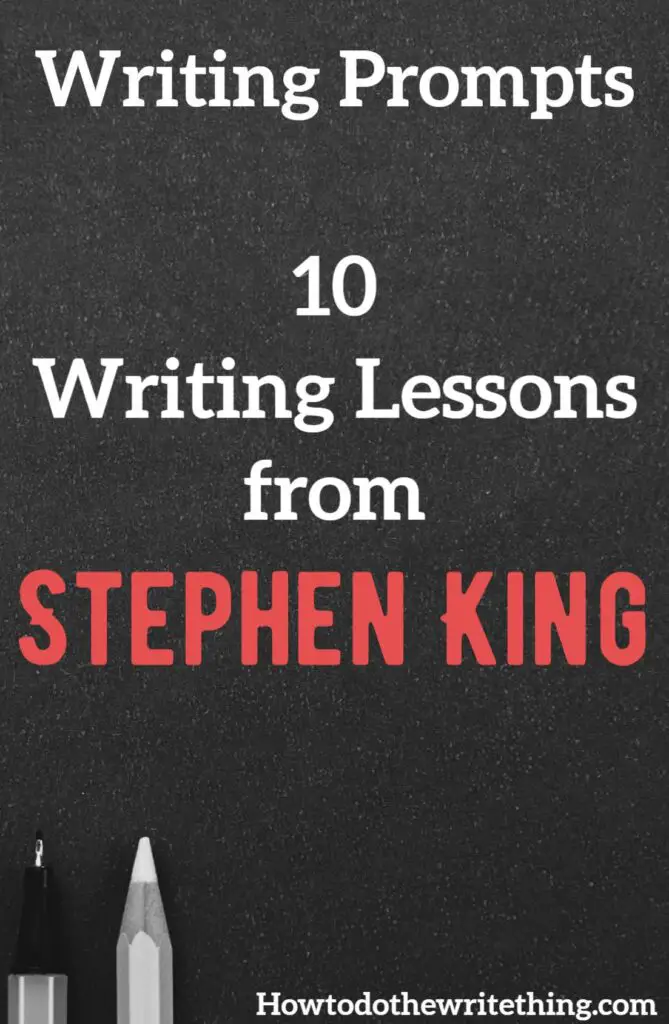
10 Writing Lessons From Stephen King
6. Writing can be very lonely
Stephen gives us a powerful image by saying that writing fiction is like crossing an ocean in a bathtub.
You’re not moving very quickly. The space is tight and you are very much ALONE in a sea of black depth.
Sounds frightening, and at times it is.
No one wants to be that alone for that long.
But if we are going to give our writing a chance to live and do something we have to be the ones to tell the story, or it might never be told.
7. Enjoy your process
Every writer has a space and a process.
If you don’t that’s okay, it just means you haven’t found it yet.
And sometimes we have to move and change our process and that’s okay too.
We move around a lot, but right now my process is to go out on our back screened-in porch and write outside. When I first wake up I have my morning routine I enjoy and reading is a part of it. Next, I head outside.
I love nature and the natural noises that come with it (birds, squirrels, breeze, leaves, etc). It’s a very peaceful environment for me with little to no distraction. I am really able to zone in and focus. When I look up the outdoor smells, the greenery, and the trees all give me a sense of happiness. (Sounds like a tree hugger)
I have a specific chair I sit in and depending on the day I either write on my phone or laptop. These days I’m enjoying my phone more.
It could be very different for you and that’s fine. You might hate nature. You might love writing in your closet or car.
I actually heard a story of a lady recently who was having trouble finding a place to write with no distractions.
With a family and tight quarters, this place did not exist in her home.
She started going out to her car and writing. It took her some time, but she ended up being able to finally finish her entire novel in her car!
So you may think you have nowhere to write but if you get creative you’ll find somewhere.
Enjoy finding what you like to be your space and process.
Maybe you like to write with pen and paper.
Maybe you like to write in your closet.
Maybe you want to write on your roof.
Whatever it is, find a space/ process of your own and use that to make a happy habit you enjoy.
Interested in starting a blog of your own? Check out Bluehost.
Need a Cheaper Plan? Try DreamHost.
If you enjoy 10 Writing Lessons From Stephen King, storytelling and writing in general, you might love owning a domain of your own where you can write about it? Ever want to own your own domain name (Yourname.com)?
Bluehost hosts your blog so that you can own your domain and make money blogging. Check them out only if you’re interested in making money blogging; otherwise, go for a free blog instead 🙂
Try Grammarly, The Free tool that should be in every writer’s toolbelt.
10 Writing Lessons From Stephen King
Check this out.
8. Don’t be afraid to get your hands dirty
“Stories are found things, like fossils in the ground … Stories are relics, part of an undiscovered pre-existing world.”
We have to unearthed our characters and our stories.
They have to be dug up from our own minds.
They have to be revealed from the world around us.
Stories are about the journey and they lurk around every corner waiting to be discovered. I’m not talking about some mystic thing here. I’m being literal.
If you watch the news or go to school or go to work, stories are happening all around you. You only have to be willing to see them, find them, and write them.
Fiction is so fun at times because we can take details from real life and throw them into a story for our reader to enjoy.
Sometimes the hardest part is doing the long tedious work of discovering our story along the way.
We have an idea and we love it but we don’t know how it ends yet and we don’t have all the middle pieces to get to the end. The only way to get there is to think fng start to write and see where it goes.
Another hard thing can be that we know we’ve discovered a really great story but sitting down and trying to communicate it to someone else through words feels like it just doesn’t do it justice.
These are all hurdles and hard work if one is to be a writer.
“The most important things are the hardest things to say,”
“They are the things you get ashamed of because words diminish your feelings.”
Sometimes it is hard to put into words the drama that is playing in our minds, but that is to be expected and worked through. There is no way around it.
9. Don’t over-describe
“Description begins in the writer’s imagination, but should finish in the reader’s,” – S.K.
We really have to think more simply about description and telling a story.
It’s important to focus on getting what we see in our heads into their heads using just words on a page.
We don’t have to overthink it more than this. When we decide to over-describe we can often lose our reader to boredom.
“In many cases when a reader puts a story aside because it ‘got boring,’ the boredom arose because the writer grew enchanted with his powers of description and lost sight of his priority, which is to keep the ball rolling,” – S. K.
10. Don’t ride off into the sunset on a high horse (It’s not pretty)
Interested in starting a blog of your own? Check out Bluehost.
Need a Cheaper Plan? Try DreamHost.
If you enjoy 10 Writing Lessons From Stephen King, storytelling and writing in general, you might love owning a domain of your own where you can write about it? Ever want to own your own domain name (Yourname.com)?
Bluehost hosts your blog so that you can own your domain and make money blogging. Check them out only if you’re interested in making money blogging; otherwise, go for a free blog instead 🙂
Try Grammarly, The Free tool that should be in every writer’s toolbelt.
10 Writing Lessons From Stephen King
Check this out.
“One of the really bad things you can do to your writing is to dress up the vocabulary, looking for long words because you’re maybe a little bit ashamed of your short ones,” – S. K.
It’s easy to make the mistake to think that the reader is bored of simple words. This is a BIG mistake
Writer’s get bored with limited vocabulary, not readers.
Now there are definitely readers that want bigger vocabulary and harder reading and if you want to serve that audience, that’s fine but for at least 90% of regular consuming readers the rule is write somewhere close to a 9th grade reading level.
The key is to know your audience. To whom are you writing?
– Children
– Teens
– Adults
– Academics
– Writer’s
– Etc
If we are writing to the masses and just trying to tell a good story, use simple words to give great imagery.
Hope this helps!
Happy Writing!
Other Popular Posts you might enjoy:
10 Tips How to Write Villains that Play Mind Games with Their Victims
4 Tips How to Write your Character Hitting Rock Bottom
10 Toxic Bad Habits That’ll Crush Your Fictional Character’s Relationships
5 Tricks How to Hide Your Villain Right Before Their Eyes
How to Write From Your Villain’s Mind.
How To Write 4 Scenes That Reveal Who Your Character Is Seamlessly
Psychopath: How to Write The Perfect Psychopath
8 Tips How to Write the Perfect Sociopath
Fictional Characters: 28+ Bad Habits to Introduce to Your Fictional Characters
List of 10 Weapons for Fictional Characters
List of 10 Bad Habits Fictional Characters Need Help Breaking
Interested in starting a blog of your own? Check out Bluehost.
Need a Cheaper Plan? Try DreamHost.
If you enjoy 10 Writing Lessons From Stephen King, storytelling and writing in general, you might love owning a domain of your own where you can write about it? Ever want to own your own domain name (Yourname.com)?
Bluehost hosts your blog so that you can own your domain and make money blogging. Check them out only if you’re interested in making money blogging; otherwise, go for a free blog instead 🙂
Try Grammarly, The Free tool that should be in every writer’s toolbelt.
10 Writing Lessons From Stephen King
Check this out.
10 Writing Lessons From Stephen King
Did you enjoy 10 Writing Lessons From Stephen King? Consider sharing this social-friendly image.



10 Writing Lessons From Stephen King
Interested in starting a blog of your own? Check out Bluehost.
Need a Cheaper Plan? Try DreamHost.
If you enjoy 10 Writing Lessons From Stephen King, storytelling, and writing in general, you might love owning a domain of your own where you can write about it? Ever want to own your own domain name (Yourname.com)?
Bluehost hosts your blog so that you can own your domain and make money blogging. Check them out only if you’re interested in making money blogging; otherwise, go for a free blog instead 🙂
Try Grammarly, The Free tool that should be in every writer’s toolbelt.
10 Writing Lessons From Stephen King
Check this out.
Make sure your posts are readable. Use this readability score check
Want to check out a writer’s community to test your writing and get feedback?
10 Writing Lessons From Stephen King
Check out these FREE trial resources from Amazon for when you work from home (or are stuck at home 🙂 )
Free Prime Membership Trial:
Try Amazon Prime 30-Day Free Trial
Try Prime Discounted (Free Trial)
Make your Free Amazon Wedding Registry:
Create an Amazon Wedding Registry
Get Free Video Channels Trial with Prime:
Join Prime Video Channels Free Trial
Try Free Amazon Family Trial:
Join Amazon Family (30-day Free Trial)
Get Unlimited Music for Free (30-day free trial):
Free movies and TV shows trial:
Join Amazon Prime – Watch Thousands of Movies & TV Shows Anytime – Start Free Trial Now
Free Prime for students trial:
Free Baby Registry:
Shop Amazon – Create an Amazon Baby Registry
Free trial of Twitch Prime:
And for when you REALLY work at home:
Create Amazon Business Account
It is the Amazon you love, for work. Make workplace procurement easier with convenient delivery options, simplified purchasing workflows, multiple payment options, and a competitive marketplace with business-only pricing and quantity discounts. Anyone who makes purchases for work (eg. procurement specialists, office administration, IT departments, etc.) can create a FREE account for their business. Customer must be from a verified business in order to successfully create their Amazon Business account.
